Last updated on September 6, 2023
A film by Sofia Coppola
With: Cailee Spaeny, Jacob Elordi, Dagmara Domińczyk, Emily Mitchell, Jorja Cadence, Rodrigo Fernandez-Stoll, Tim Post, Luke Humphrey, Ari Cohen, Josette Halpert
When teenage Priscilla Beaulieu meets Elvis Presley at a party, the man who is already a meteoric rock-and-roll superstar becomes someone entirely unexpected in private moments: a thrilling crush, an ally in loneliness, a vulnerable best friend.
Our review 1: ***
Sofia Coppola is one of those few filmmakers whose visual universe is so identifiable that just a few minutes of a film are enough to attest to their signature. Even more distinctive, in terms of content this time, very few elements are needed to recognize the signature. The pastel colors, the candy-pink decor, the omnipresence of soft lighting, of rays of light shining through interiors, the meticulousness of the decoration (its prevalence), the assertive and omnipresent musical ambience on form, the importance of sensations, the attachment to little things, the relationship to the father, the world of dolls, the importance of appearance, of clothing detail, the world of the unsatisfied princess, coquetry, of the other. Sofia Coppola, we might say, proposes a formalism that is perfectly antagonistic to David Fincher‘s, making us wonder whether it’s really a coincidence that they’re both in competition. Priscilla Presley, who has just lost her daughter, probably made no mistake when she entrusted the adaptation of her book Elvis and I to Sofia Coppola. Who better than her to bring out the two major components of this very special love story, the dream part and the nightmare part? Who better to bring out, on perfectly equal planes, the sublime and the ugly, the real and the sublimated, the sincere and the premeditated, the gentle and the violent without one taking precedence over the other, without the effects being attenuated? The temptation to turn the story on Elvis, or on America as a whole, to make Priscilla’s character the focus of attention, the privileged lens through which to view the exceptional, everything that links Elvis to America as a whole, through the prism of the American Dream, would have made any other director capsize, aware that he was tackling a myth, a cavern of Ali Baba, touching on almost inexhaustible material… The fairy tale would have been shattered, as would the portrait of a child full of innocence, under the spell of admiration, but also learning to discover herself, after having been deprived of a normal existence, of a simple relationship with others, to have lived a situation seen by others as an immense privilege, to have lived the dream of so many others, and consequently to have had to live in a golden prison, and thus to return to what has haunted Sofia Coppola since her earliest childhood, and which links her so naturally to Priscilla Presley. Coppola‘s work is very much Coppola, or even great Coppola, given the effort put into the costumes, sets, make-up, lighting, image, sound and music (Crimson and Clover, numerous Elvis covers on piano), and narrative precision – the reconstruction down to the last detail – all of which contribute to the deceptively gentle ambience (the very principle of the golden prison) whose reverse side refers to the traumas, disillusions and violence suffered, and turned inside out in order to escape. Some may take offense at the fact that her style takes precedence over the Elvis myth, that she doesn’t delve any deeper into its psychological mysteries than Baz Luhrman did before her, but as you’ll have noticed, the film is called Priscilla (and not Elvis and I), so how can we criticize an artist for following the original intention she set herself, and thus, for following a perfectly personal path?
Our review 2: *


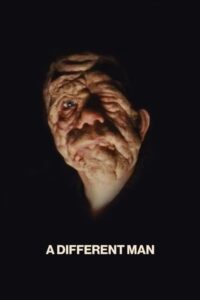
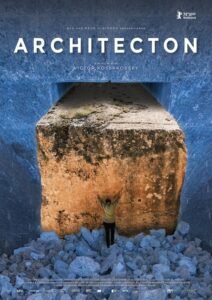
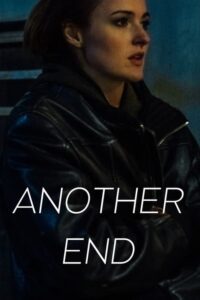

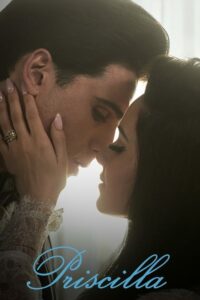
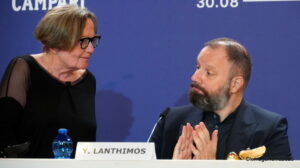

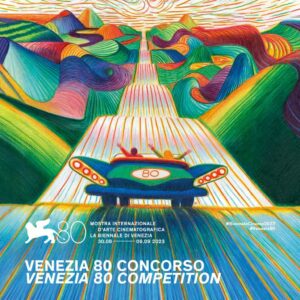
Be First to Comment